Michael Heyward is Publisher of the Month
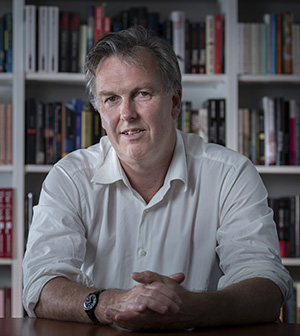 What was your pathway to publishing?
What was your pathway to publishing?
In 1979, when I was twenty, I took Vincent Buckley’s poetry seminar at Melbourne University. He introduced us to the work of the Northumbrian poet Basil Bunting, by then in his late seventies. That summer I went to Britain in pursuit of Bunting. In Newcastle I knocked on the door of Bloodaxe Books and explained my mission to Neil Astley, the publisher. It was the first publishing office I had ever been in. I thought: this is what I am going to do. Neil phoned Bunting and I caught a bus to the council estate where he lived. We talked until the light faded. My future had found me. After I came back to Melbourne, I set up Scripsi with Peter Craven.
Name the first book you published.
Continue reading for only $10 per month. Subscribe and gain full access to Australian Book Review. Already a subscriber? Sign in. If you need assistance, feel free to contact us.



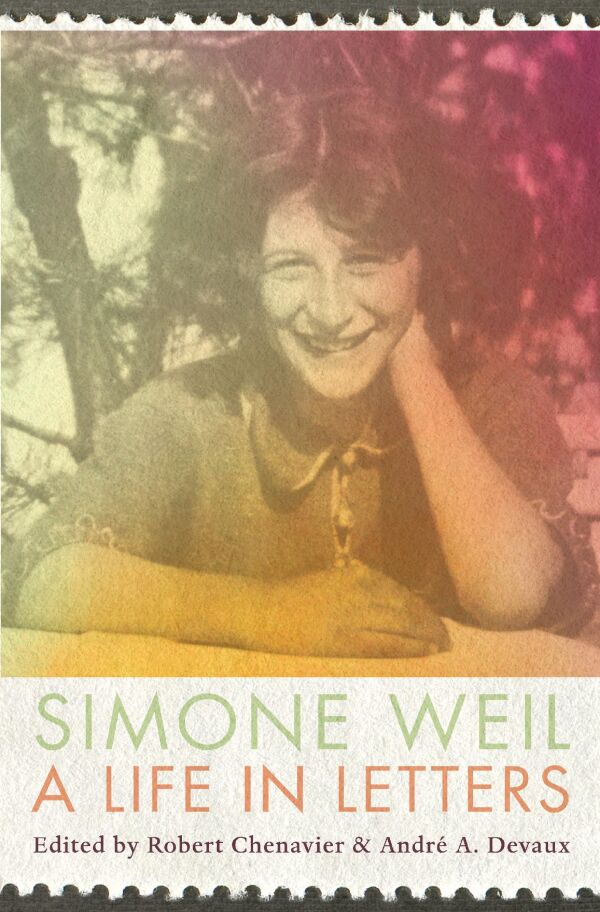
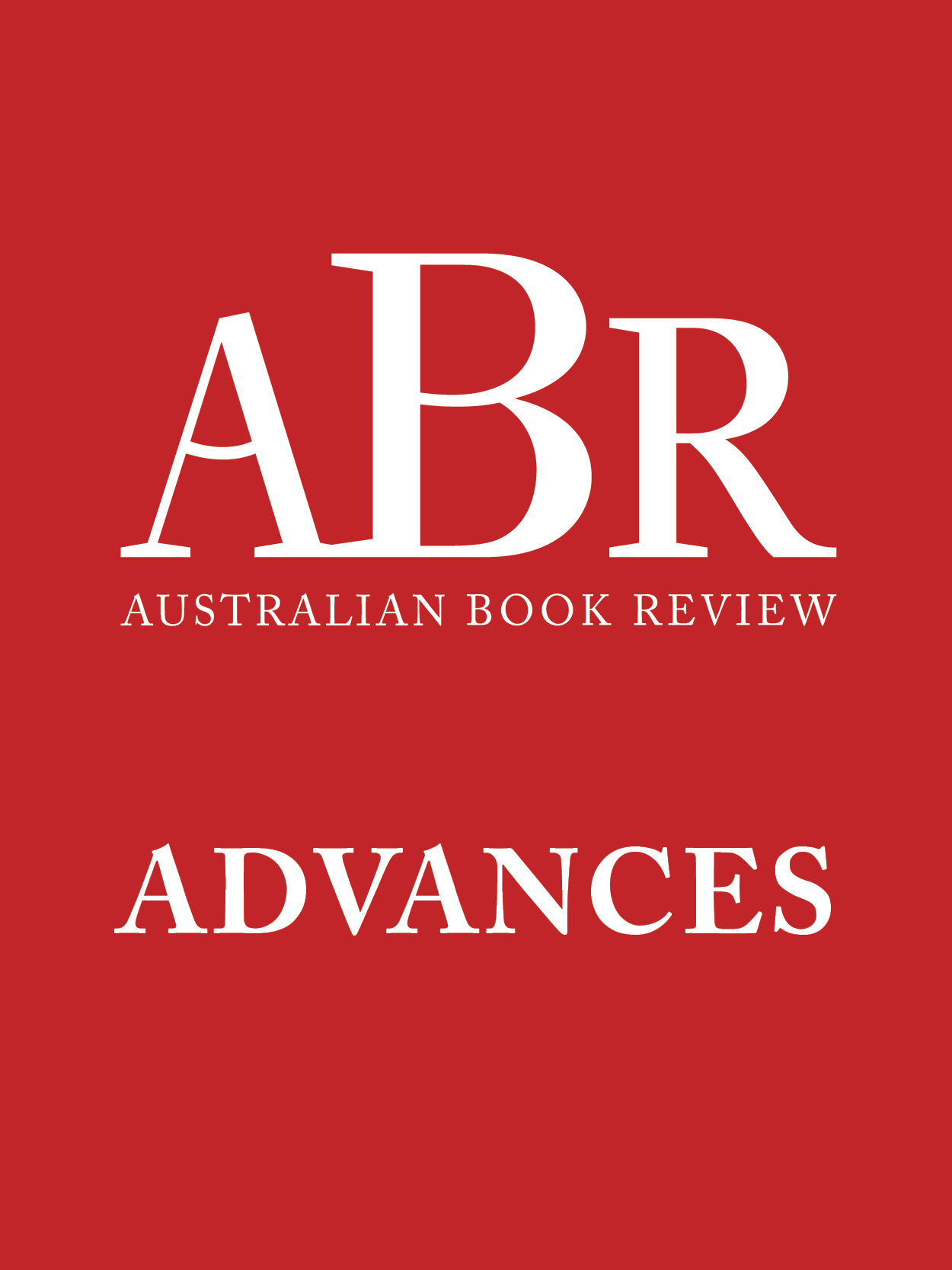
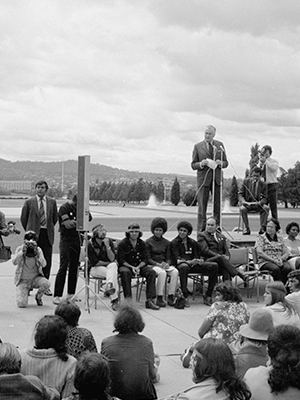

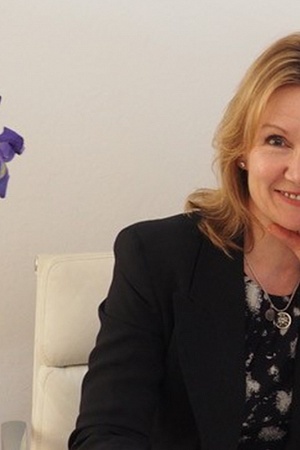


Leave a comment
If you are an ABR subscriber, you will need to sign in to post a comment.
If you have forgotten your sign in details, or if you receive an error message when trying to submit your comment, please email your comment (and the name of the article to which it relates) to ABR Comments. We will review your comment and, subject to approval, we will post it under your name.
Please note that all comments must be approved by ABR and comply with our Terms & Conditions.